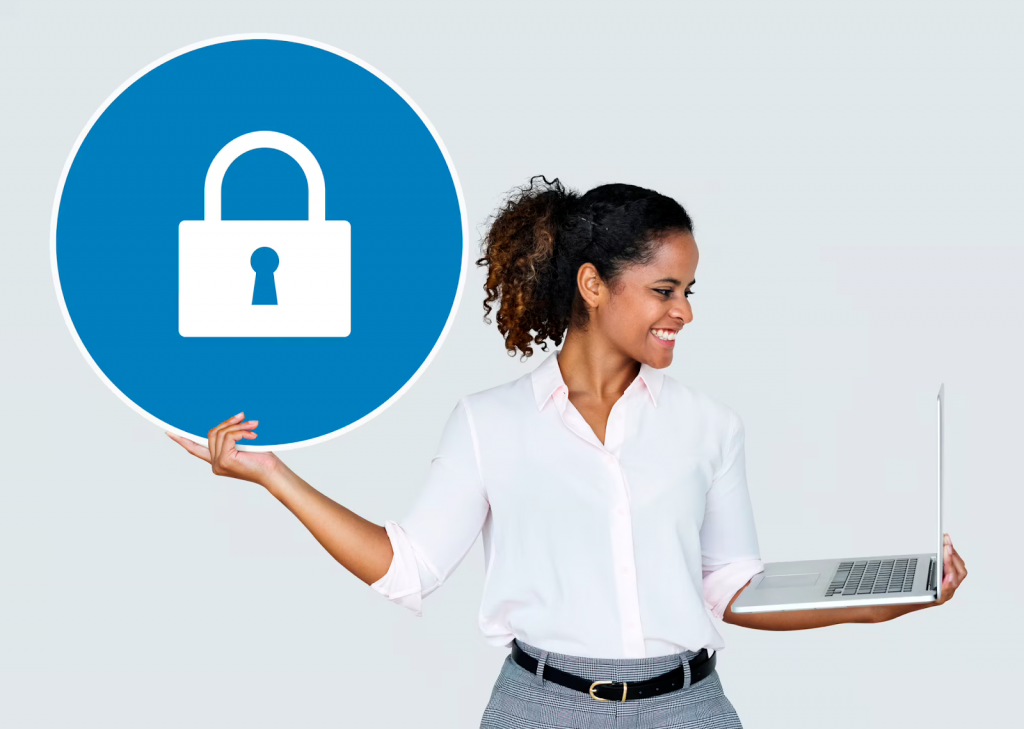
The internet has drastically transformed how we live, work, and communicate. However, along with its countless benefits, the digital age brings with it the increasing risk of online fraud. From phishing attacks to identity theft, cybercriminals are constantly evolving their tactics to exploit unsuspecting individuals. By staying informed and putting the information to use, you can significantly reduce your vulnerability to online fraud. In this blog post, we’ll delve into some key steps you can take to protect yourself from online fraud.
Strengthen Your Passwords:
The foundation of online security starts with strong, unique passwords for each of your accounts. Opt for a combination of upper and lower case letters, numbers, and special characters. Avoid using easily guessable information like birthdays or names. Implement a password manager to generate, store, and autofill your passwords securely.
Enable Two-Factor Authentication (2FA):
Two-factor authentication adds an extra layer of security by requiring you to provide a second piece of information, such as a verification code sent to your mobile device, in addition to your password. This makes it much more difficult for unauthorized individuals to access your accounts.
Stay informed about phishing:
Phishing is a common method used by cybercriminals to trick you into revealing sensitive information. Be cautious of unsolicited emails, messages, or links, especially those requesting personal or financial details. Verify the sender’s identity before clicking on any links or providing information.
Keep your software updated:
Regularly update your operating system, web browsers, and software applications. These updates often include security patches that address vulnerabilities that cybercriminals could exploit.
Be cautious of public Wi-Fi:
Public Wi-Fi networks can be breeding grounds for cyberattacks. Avoid accessing sensitive accounts or conducting financial transactions while connected to public Wi-Fi, as these networks are often less secure and more susceptible to hackers.
Protect your personal information:
Be cautious about sharing personal information online. Avoid oversharing on social media platforms and use privacy settings to limit who can view your content. Cybercriminals often use publicly available information to craft convincing phishing messages.
Verify website security:
Before entering any personal or financial information on a website, make sure the website is secure. Look for “https://” in the URL and a padlock symbol in the browser’s address bar. This indicates that the website uses encryption to protect your data.
Be skeptical of unsolicited offers:
If an offer or deal seems too good to be true, it probably is. Be cautious of unsolicited emails, messages, or pop-up ads promising large sums of money or prizes. Scammers often use such tactics to lure victims into providing personal information or making financial transactions.
Educate yourself continuously:
Stay informed about the latest online threats and fraud tactics. Cybercriminals constantly adapt their techniques, so regularly educating yourself about potential risks can help you stay one step ahead.
Monitor your accounts:
Regularly review your bank and credit card statements for any unauthorized transactions. Set up account alerts to receive notifications for any unusual activity.
While the digital age offers convenience and connectivity, it also presents the risk of online fraud. By adopting a proactive approach to cybersecurity and following these essential guidelines, you can significantly reduce your vulnerability to online scams and protect your personal and financial information.



